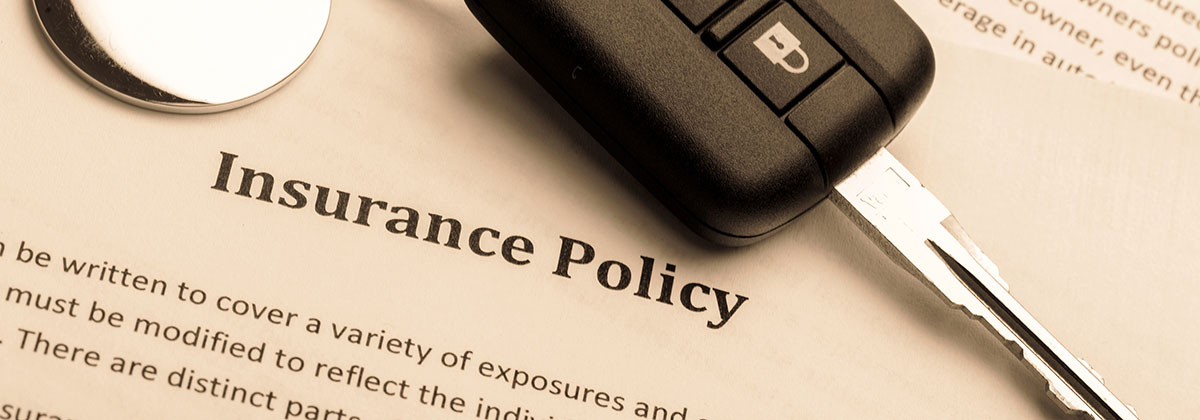- Students' Legal Assistance
- Know the Law
- Auto Insurance

Auto Insurance
It is a common temptation to save money by willing to risk driving without insurance or securing only the minimum amount of insurance mandated by state law. Unfortunately, a decision to drive without insurance or with inadequate insurance can backfire. This decision could jeopardize your employment, health, ability to stay in school, as well as exposing the general public to the risk of injury you may cause but cannot pay for.
Illinois law mandates that no person shall operate, and no owner shall permit another person to operate, a motor vehicle that is not covered by a liability insurance policy that is subject to a limit of not less than $20,000 for personal injury and $15,000 for personal property. Punishment upon a conviction of driving without insurance includes (for a first offense) a minimum fine of $500, suspension of the vehicle registration of the uninsured motor vehicle until proof of insurance is provided to the Secretary of State and a two-month suspension of the person's driving privileges. Operation of a motor vehicle whose registration has been suspended subjects the driver to a minimum fine of $1,000.
Under the Illinois Financial Responsibility Act, an uninsured driver who causes an auto accident involving personal injury or property damage in excess of $500 is subject to the suspension of his or her driving privileges for up to two years until the driver pays for the damages allegedly caused. Not infrequently, uninsured drivers who dispute causing an accident feel compelled to agree to pay the damages involved rather than incur the two-year suspension.
The problem of driving without insurance is twofold. For the driver who causes an accident and has only liability coverage, there is no recourse but to pay for the damages to his or her car or, if the car is a total loss, lose the use of the car without compensation. Payments left due on the car remain the legal duty of the purchaser even if the vehicle is a total loss. On the other hand, a driver with only liability insurance who is involved in an accident he or she has not caused is dependent upon the willingness of the other driver’s insurance company to pay for the full cost of repair. If the insurance carrier refuses to pay or if the other driver is uninsured, the only recourse is litigation. Litigation may or may not be successful and may not be feasible to pursue, i.e., if the accident occurs in Florida or some other state far away.
Driving without comprehensive insurance coverage thus puts your investment, your credit and your future earnings at great risk.
Contact Us
Students' Legal AssistancePeters Campus Life Building, room 150
815-753-1701
studentslegal@niu.edu
Monday-Friday
8 a.m.-4:30 p.m.